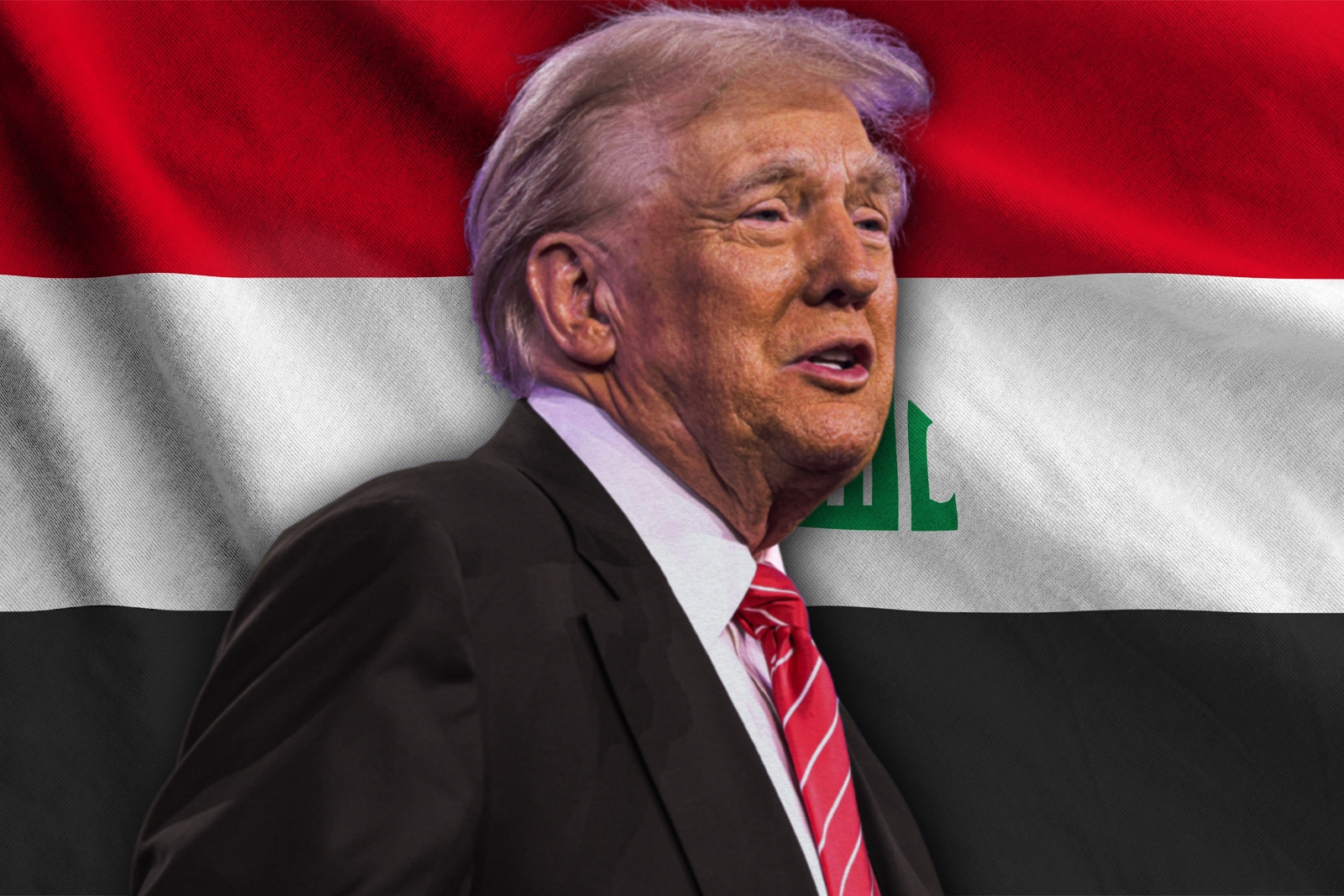
Iraq: Back to the Future
It has been over two decades since the United States invaded Iraq, a moment symbolized by the toppling of the large statue of Saddam Hussein in Baghdad’s Firdos Square on April 9, 2003 —a powerful image of dictatorship giving way to what many hoped would be a new era of democracy. However, what emerged was not a flourishing democracy but a state of “creative chaos.”
For over two decades, Iraq’s political system has been dominated by deeply fractured political factions. These factions remain deeply divided, leaving little room for inclusive democratic development.
Reports, studies, and social media narratives over the years paint a grim picture of Iraq’s so-called democracy. The past 22 years have seen rampant corruption, a lack of law and order, and the rise of armed militias. These militias, supported by Iran, have fostered a destructive system in Iraq.
Beyond Iraq’s borders, these groups provide logistical and financial support to Iranian proxies, such as Hamas in Gaza, Hezbollah in Lebanon, the former Assad regime in Syria, and the Houthis in Yemen. Iraq has become a crucial logistical hub for Iran’s regional ambitions, with election cycles serving as little more than formalities recycling the same entrenched political elites. The armed groups aligned with Tehran ensure that no new, capable leadership emerges, often resorting to targeting and silencing potential challengers and their families, both within Iraq and abroad.
Recent months, particularly following Hamas’ October 7, 2023, terror attack on Israel, have seen the Middle East hurtling down a path of irreversible transformation. Iraq’s natural resources—from oil and natural gas to fertile lands and abundant water—remain vastly underutilized. The opportunities for leveraging these resources are immense.
Yet these opportunities are squandered by a lack of vision and competent governance. Effective governance could turn Iraq into a hub of innovation and productivity, attracting global investment and collaboration. This vision, once distant, appears more attainable, as some would argue, under the incoming Trump administration.
To some Iraqis, Donald Trump represents a glimmer of hope, not for miraculous solutions but for practical leadership. A robust partnership between the United States and Iraq could create the foundation for more robust collaborations. Such a relationship, built on long-term treaties, could address Iraq’s pressing security concerns while fostering growth in areas like energy, agriculture, trade, and infrastructure. This is not mere wishful thinking but a plausible outcome of Iraq’s chaotic post-2003 evolution.
The critical questions now are: who will lead Iraq through this transformation, and how can its people be mobilized to participate in this change actively? A top-down approach is essential, beginning with the dismantling of militias like the Iranian-backed Popular Mobilization Forces. This group, in particular, has been responsible for attacks on U.S. bases and Israel, mainly through missile and drone strikes. Neutralizing these militias is a prerequisite for creating an environment where Iraqis can safely engage in the political process without fear of assassination or coercion.
Iraq’s intricate ethnic and religious diversity, often perceived as a challenge, could instead be an asset under the right leadership. The 2019 protests against corruption were a testament to the collective will of Iraqis. Unlike previous protests, this movement united Iraqis in demanding an end to the entrenched system of corruption. Although violently suppressed, the spirit of that uprising persists, reflecting a deep-seated desire for peace and effective governance. If harnessed, this spirit could be instrumental in driving Iraq toward stability.
For the incoming Trump administration, stabilizing Iraq is an opportunity and a strategic imperative. U.S. officials must identify and support Iraqi leaders with integrity, professional expertise, and a commitment to reform. By fostering a transitional government capable of dismantling corruption and creating a framework for growth, the U.S. can secure its interests while contributing to a peaceful and prosperous Middle East. The stakes are immense, but the rewards—a stable Iraq and a safer region—are well worth the effort.
Iraq’s road ahead is fraught with challenges, but its potential is undeniable. With strategic partnerships and visionary leadership, Iraq can move beyond its tumultuous past toward a future marked by stability, prosperity, and genuine democracy.
